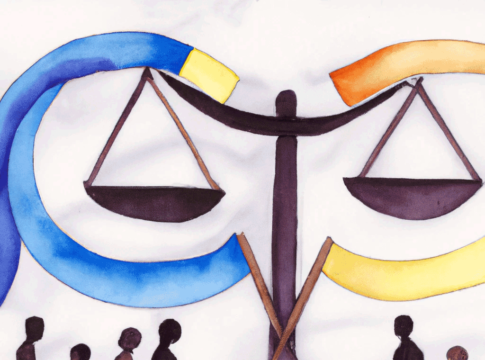Fairness: Building Trust and Stronger Friendships
Imagine playing your favorite board game with friends. What if someone constantly changed the rules to benefit themselves? You’d feel frustrated and probably wouldn’t want to play again. Fairness is making sure everyone plays by the same rules and giving everyone an equal chance to succeed.
What Exactly Is Fairness?
Fairness is treating others equally, honestly, and justly. It’s not just about following rules—it’s about ensuring everyone gets what they deserve, without bias or favoritism. Fairness means considering everyone’s feelings, rights, and contributions equally.
Why It Matters for Teens
- Builds Trust: Friends trust you more when they know you treat everyone fairly.
- Creates Respect: People respect those who act with fairness.
- Improves Relationships: Fairness prevents conflicts and helps maintain healthy friendships.
- Encourages Cooperation and Teamwork: People are more willing to cooperate when they feel treated fairly.
Fairness in Real Life: A Teen’s Experience
Picture this: you’re playing basketball during gym class. Your friend accidentally steps out of bounds, but nobody notices except you. Being fair means honestly pointing it out, even though it might cost your team a point. Others respect you for your fairness, and friendships become stronger.
Practical Steps to Practicing Fairness
- Listen to All Sides: Hear everyone out before making a decision or judgment.
- Follow Rules Consistently: Apply rules equally to everyone, including yourself.
- Recognize Effort: Give credit to others when they deserve it, celebrating everyone’s achievements fairly.
- Stand Up for Justice: Speak out when you see unfairness and support others who might be treated poorly.
Inspiring Examples
- Civil Rights Leaders: Individuals like Martin Luther King Jr. stood up for fairness and equal rights, inspiring millions worldwide.
- Referees in sports uphold fairness, ensuring games remain enjoyable and equitable for all participants.
The Long-Term Benefits
- Stronger and healthier friendships are built on trust and respect.
- Enhanced personal reputation for honesty and integrity.
- Greater ability to resolve conflicts peacefully and effectively.
Start Practicing Today
Every day presents opportunities to practice fairness. Whether you’re working on a group project, playing sports, or just spending time with friends, always choose to be fair. Fairness not only makes the game more enjoyable, but it also makes life more prosperous and more fulfilling for everyone.




